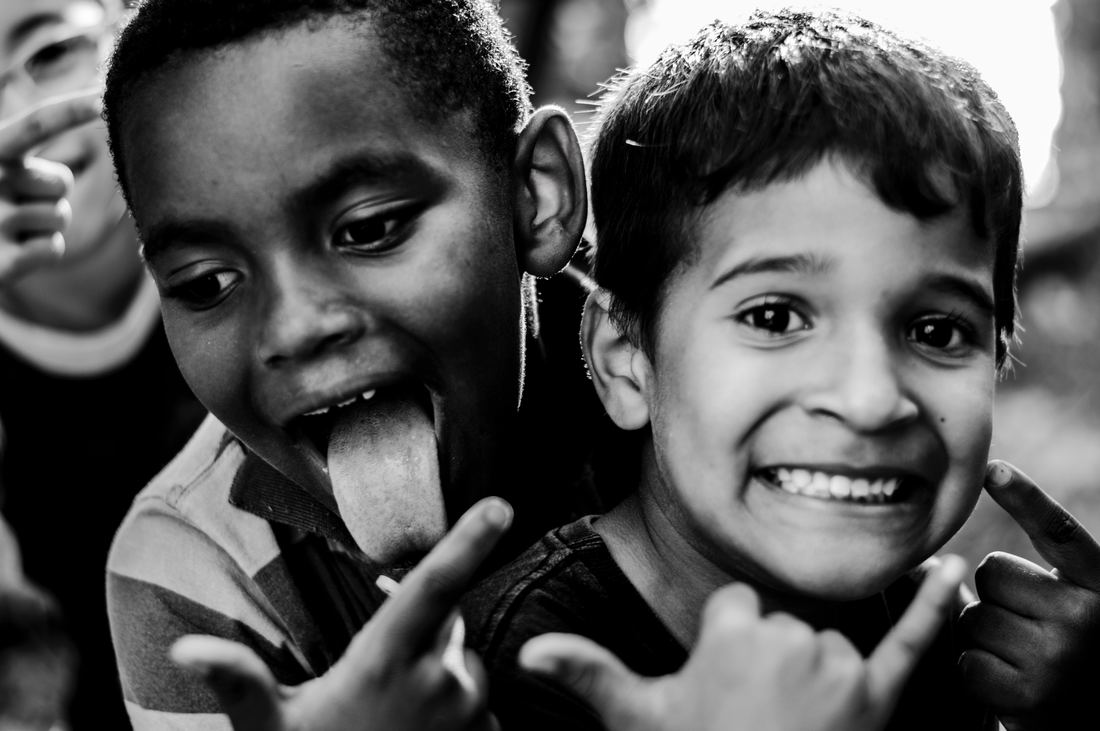|
There are lots of things psychologists and social workers can do to ensure that families are treated more humanely by the care system Photo by João Rafael on Unsplash Sinead Peacock-Brennan On August 16, the British Association for Social Workers (BASW) and Psychologists for Social Change (PSC) co-hosted an event to highlight social injustice and inequalities within the child protection and care systems. This is the second part of a blog responding to the event. You can read the first part 'How professionals can inadvertently make things worse' here. While there might always be cases when children need to be taken into care, the focus of the event was on “reclaiming humanity” in child protection services. How can we ensure that families are treated more humanely? How can we ensure that services don’t worsen their situation? Care leaver, social work student and children’s support worker Aijannah de Nisci shared an initiative in her workplace which challenges the assumptions underpinning the labelling and “othering” processes at work in the system. She explained that whenever “neglect” is discussed in meetings, other team members ask “what do you mean by that?” and “what does that look like”? This opens up a wider discussion of the family’s experience and allows for the possibility of change at a preventative stage. This led us to consider how professionals can help tackle smaller problems for families, before children are put onto child protection plans or taken into care. Shoda Rackal, a breastfeeding peer supporter and member of Legal Action for Women, shared some of the community groups available to support families in the child protection system. She spoke about a monthly support group for mothers whose children have gone into the care system, and the monthly picket held outside a family court on the first Wednesday of every month. She also recommended the Legal Action for Women dossier, available online, on the unjust separation of children and their mothers. Professor Gupta presented a quote from Michal Krumer-Nevo which encourages social workers to become more comfortable resisting – or countering – “the system”, more committed to social action, and more personal in their interactions, standing alongside families. As a psychologist, these are aspects to our practice which I think we can all incorporate, both those working in the care system and in other areas of health and social care. We could also look to Community Psychology. Community psychologists have long acknowledged the importance of working with marginalised groups to challenge social conditions, through both therapy and activism. Sue Holland’s social action model of psychotherapy is often used as an example of this, and I wonder whether some of the psychologists involved in the event might be able to incorporate some of the examples of collective action listed below into their clinical practice. Ideas for individual and collective action
Interested in finding out more? BASW London would love to see you on September 29, or look on the PSC website to find out where and when your local PSC group meets. Read the first part of this blog 'Social injustice and inequality in the care system Part 1: How professionals can inadvertently make things worse' here. Read BASW member, Eve Wilson's, take on the event here. A recording of Anna Gupta presenting is available here. AuthorSinead Peacock-Brennan is a clinical psychologist based in London.
0 Comments
Your comment will be posted after it is approved.
Leave a Reply. |
AuthorPSC is a network of people interested in applying psychology to generate social and political action. You don't have to be a member of PSC to contribute to the blog Archives
February 2022
Categories
All
|
PSYCHOLOGISTS FOR SOCIAL CHANGE
- Home
- About
-
Groups
- Blog
-
Position statements
- UK >
-
Cymru / Wales
>
- Consultation Responses
- Housing Support Funding
- Connecting the Dots Report
- Chemical Imbalance Myth
- Review of use of dx PD
- UK Inhumane Removal Plans
- WG LGBT+actionplan
- Ty Coryton
- Commission on Race and Ethnic Disparities: The Report
- ECT Review
- Black Lives Matter
- COVID 19 and Internet Access
- Save the T4CYP Programme
- Support the Mind over matter Report
- UN Report on Extreme Poverty in the UK Letter
- England >
- Ireland >
- Northern Ireland
- Scotland
-
Campaigns
- Join our mailing list

 RSS Feed
RSS Feed
